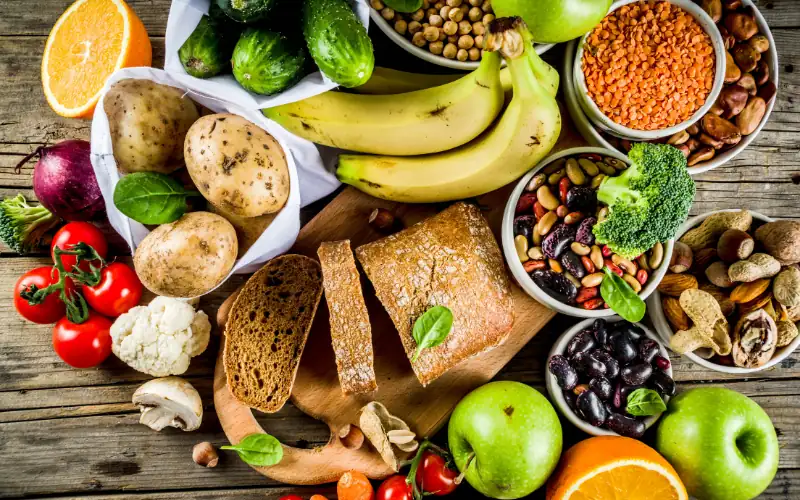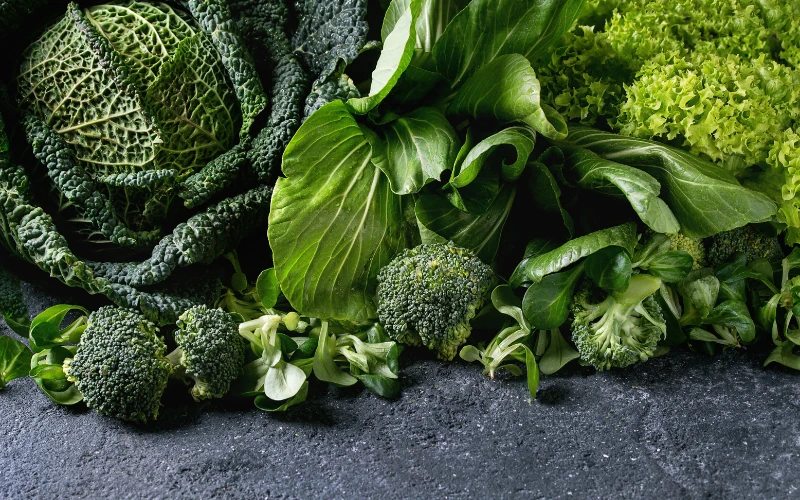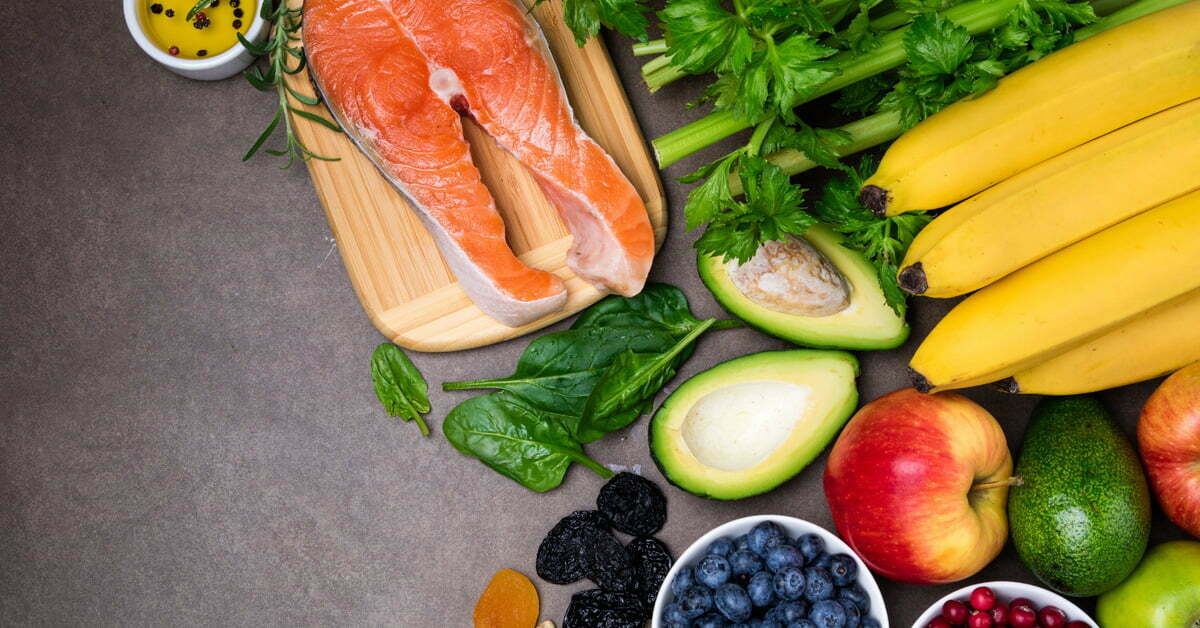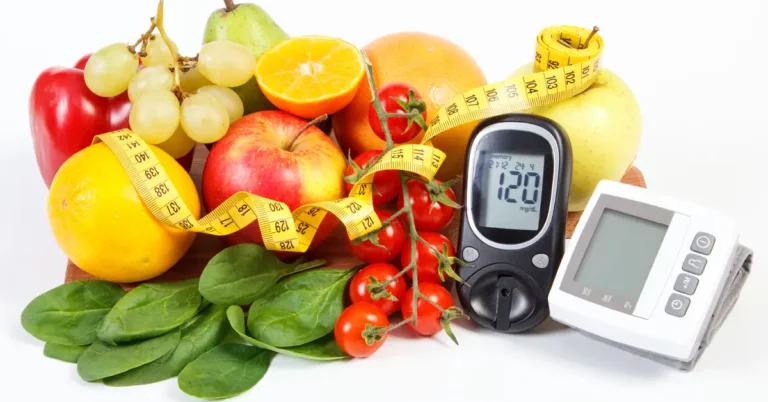According to the World Health Organization (WHO), COPD ranks as the third leading cause of death globally, contributing to approximately 6% of total deaths worldwide. Chronic obstructive pulmonary disease (COPD), encompassing chronic bronchitis and emphysema, significantly impairs respiratory function. Nutrition is crucial for individuals with COPD as it impacts breathing and overall well-being. Utilizing remote patient monitoring, individuals, in collaboration with their healthcare teams and registered dietitian nutritionists (RDNs), devise tailored meal plans to navigate dietary management. Here, we offer a list of 10 best nutritious COPD-friendly foods to promote respiratory health within a balanced diet.
Foods that have complex carbohydrates
You should incorporate carbohydrates, but you have to choose the right carbs. Carbohydrates are essentially sugar and do little for your body. To help your digestive system, choose complex carbohydrates that are high in fiber. It contains more nutrients than the long chains of sugar molecules and is, therefore, better for you. The body takes time to break down these molecules. Complex carbohydrates provide a relatively sustained release of energy. This includes fresh fruit and starchy vegetables, bran, whole grains, sweet potatoes, lentils, quinoa, oats, potatoes, and barley.
Potassium-rich foods
Potassium is a mineral that helps your muscles contract and aids nerve function. A potassium deficiency may cause your lungs to fail to expand and contract properly, putting your health at risk. Your body will then require plenty of potassium for proper lung function. Foods such as avocados, asparagus, beets, and dark leafy greens are good examples.
Fiber-rich foods
According to the American Lung Association, a person with COPD should aim for around 20–30 grams of fiber each day. Fiber is another important ingredient in a healthy diet for COPD, according to an expert, MeiLan Han, MD, a pulmonologist at the University of Michigan Hospital in Ann Arbor. Fiber is the indigestible part of plant food. This will help your food move along the digestive tract. In order to keep going and stay away from bloating and constipation, Dr. Han encourages her COPD patients to get enough fiber in their diets. Foods that contain a good amount of fiber are nuts, seeds, fruits, and vegetables. Other fiber-rich food examples are whole wheat bread, oats, whole grain cereals, brown rice, whole grain pasta, and legumes.

Protein-rich foods
According to a study in Vietnam, it was found that COPD patients that had increased consumption of protein-rich foods at meals and snacks showed improved nutritional status and quality of life. People with COPD should have some protein in every meal to help with their energy boost. Good foods that are packed with protein, like milk, eggs, cheese, meat, fish, poultry, nuts, and peas or dried beans.
Mono and polyunsaturated fats
From a chemical standpoint, polyunsaturated fats are simply fat molecules that have more than one unsaturated carbon bond in the molecule and olive oil is an example. Mono- and poly-unsaturated fats are healthy fats that do not contain cholesterol. These are fats that come from plant sources, such as canola, safflower, and corn oils. Some foods that contain these fats like certain vegetable oils, such as olive oil and avocado oil, sunflower oil, soybean oil, certain fish, including salmon, nuts and seeds, and avocados. All of which are better option than saturated fats.
Foods High in Omega-3 fatty acids
Omega-3s are considered “essential” fats. According to Alicia Romano, RD, a registered dietitian, omega-3 fats are rich in calories and can add an extra layer of value with a potential anti-inflammatory effect. These fats will help people with COPD who find it difficult to eat enough to meet their daily energy needs. Omega-3-rich foods include canned light tuna, mackerel, salmon, sardines, flaxseed and flaxseed oil, walnuts, canola oil, green leafy vegetables, eggs, and other food products fortified with omega-3 fatty acids.
Vitamin D Rich Foods
According to a recent study, vitamin D deficiency is a usual incident in chronic obstructive pulmonary disease (COPD) patients and has been found to correspond directly to the severity of the disease. According to the U.S. Department of Health and Human Services, vitamin D is vital for the “formation, growth, and repair of bones and for normal calcium absorption and immune function.” This nutrient’s key role in COPD patients is to prevent the loss of lung function over time and they will probably recover from infection better than those dealing with a deficiency. Vitamin D is important for bone health, and not enough can lead to osteoporosis, a disease that is common in people with COPD. Good sources of vitamin D are egg yolks, salmon, flounder, canned light tuna, canned sardines, almonds, milk, vitamin D–fortified orange juice, milk, yogurt, and other dairy products fortified with vitamin D.
Hydrating foods and drinks
Being hydrated helps our organs function properly, especially in patients with COPD. Good hydration will help thin the mucus in your airways and allow easier removal from your lungs because COPD patients also tend to produce a lot of phlegm and other secretions.
According to the American Lung Association (ALA), you need to drink six to eight glasses of water per day, divided throughout the day to avoid overfilling your stomach. Aside from water, you can have any healthy drink or caffeine-free fluid (such as milk, herbal teas, and juices), and eat fruits and vegetables. Most foods contribute a substantial amount of fluid as well. The most common hydrating foods are cucumbers, celery, and watermelon.

Berries
Berries, including blueberries, strawberries, raspberries, and blackberries, are renowned for their antioxidant properties. These tiny fruits are packed with essential nutrients such as vitamin C and flavonoids, which play a vital role in combating oxidative stress and inflammation within the body. For individuals living with COPD, managing inflammation is crucial as it can worsen symptoms associated with the condition. By incorporating a variety of berries into your daily diet, you can significantly boost your antioxidant intake and support respiratory health. Whether enjoyed fresh, blended into smoothies, or added to salads, berries offer a delicious and versatile way to enhance your overall well-being.
Dark Leafy Greens
Dark leafy greens, including kale, spinach, collard greens, and Swiss chard, are nutritional powerhouses packed with vitamins, minerals, and antioxidants. These vibrant greens are particularly beneficial for individuals with COPD due to their impressive nutrient profile. Rich in vitamins A, C, and K, as well as magnesium and potassium, dark leafy greens offer a myriad of health benefits. Not only do they provide essential nutrients necessary for overall well-being, but they also support lung function, making them an excellent addition to any COPD-friendly diet. Whether sautéed as a side dish, tossed into salads, or blended into smoothies, incorporating dark leafy greens into your meals is a simple yet effective way to promote respiratory health and enhance your quality of life.

Frequently Asked Questions
Are there specific foods that COPD patients should avoid?
While it’s essential for COPD patients to focus on nutrient-rich foods, it’s also advisable to limit intake of processed foods, sugary beverages, and foods high in saturated fats, as these can exacerbate symptoms and contribute to inflammation.
Can COPD patients enjoy dairy products as part of their diet?
In moderation, dairy products like yogurt and cheese can be included in a COPD-friendly diet. However, individuals with lactose intolerance or dairy sensitivities may need to opt for lactose-free alternatives.
Is it necessary to completely avoid all forms of fat in a COPD diet?
Not at all. Healthy fats, such as those found in avocados, nuts, and olive oil, are essential for COPD patients as they help reduce inflammation and support heart health. It’s important to focus on incorporating healthy fats while limiting saturated and trans fats.
Can COPD patients consume caffeinated beverages like coffee or tea?
Moderate consumption of caffeinated beverages like coffee or tea is generally acceptable for COPD patients. However, it’s essential to be mindful of caffeine intake as excessive consumption may lead to dehydration, which can worsen COPD symptoms.
Are there any specific dietary restrictions for individuals with COPD who also have diabetes?
Managing both COPD and diabetes requires careful attention to diet. It’s important for individuals with COPD and diabetes to focus on balancing carbohydrate intake, choosing whole grains and complex carbs, and monitoring blood sugar levels closely. Consulting with a healthcare professional or registered dietitian is recommended to develop a personalized meal plan.
Integrating DrKumo RPM Solutions for Enhanced COPD Management
In conjunction with the 10 best foods recommended for people with COPD, incorporating DrKumo RPM solutions can significantly enhance the management and treatment of COPD patients. These technological solutions offer promise and compatibility, facilitating better communication and access between patients and healthcare providers. By enabling remote patient monitoring (RPM), DrKumo RPM solutions empower patients to measure and track their medical devices, allowing for early detection of COPD exacerbations and timely interventions. This proactive approach not only leads to better health outcomes but also reduces the economic and clinical burden associated with COPD while supporting patients in effectively self-managing their condition.
Takeaway
Eating healthfully can make changes in your current eating habits. It can help you feel better and avoid some health risks. A registered dietitian will also help you provide nutrition guidance, and give reliable information to meet your needs, help you create, and follow a personal action plan. These general nutritional guidelines for people living with COPD are suggested but remember each person’s needs are different and unique, so talk to your healthcare provider or RDN before you make changes to your diet.
Don’t let COPD hold you back – invest in your well-being and experience the benefits of remote patient monitoring technology. Contact us now to learn more about how DrKumo RPM solutions can empower you to achieve better health outcomes and improve your quality of life.
Disclaimer: The information provided in the “10 Best Foods for People with COPD” list is for general informational purposes only and should not be considered a substitute for professional medical advice. Individual dietary needs vary, so consult with a healthcare provider or registered dietitian for personalized guidance.








